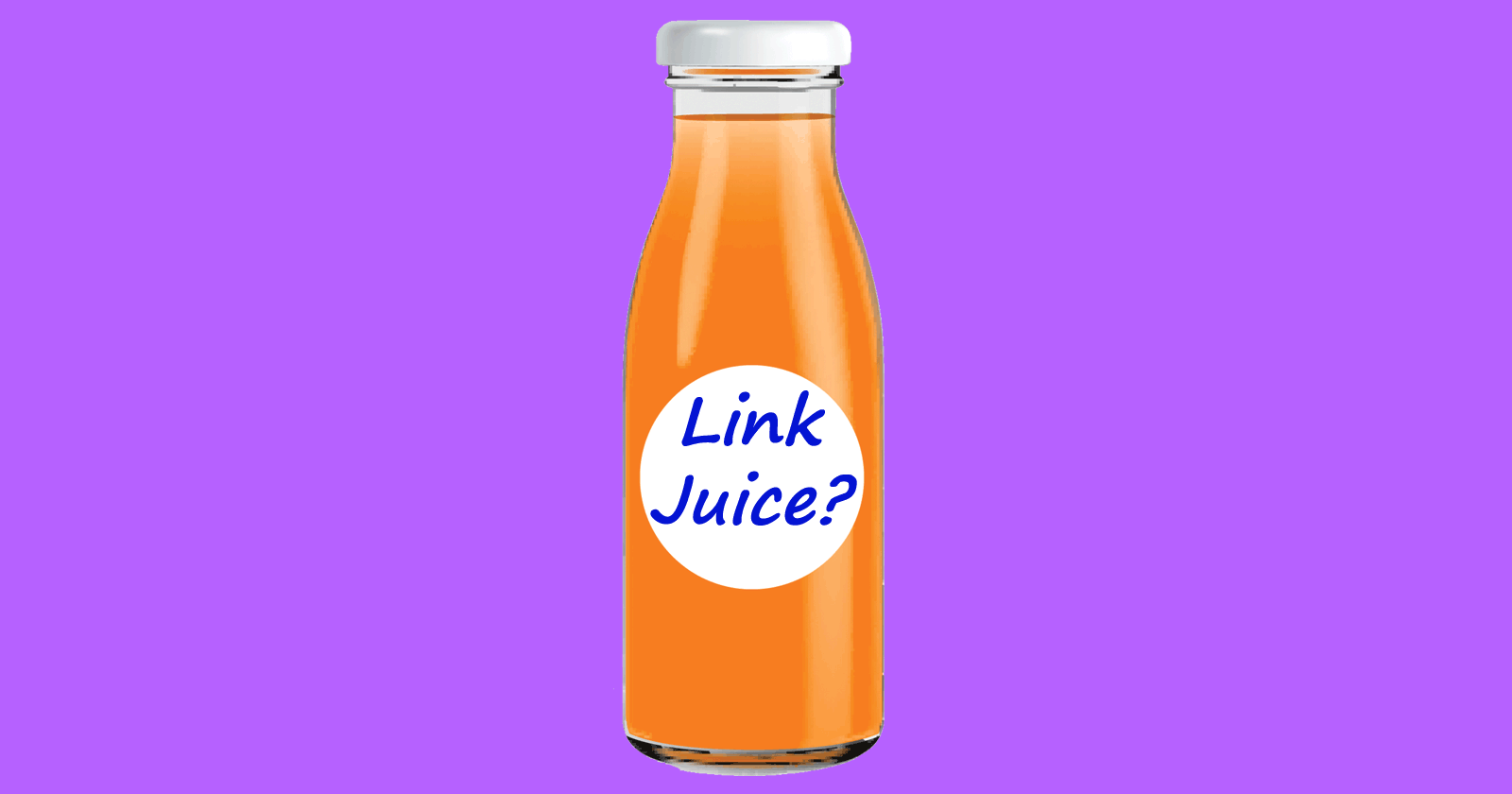Someone on Twitter asked Google’s John Mueller about how to direct “link juice” in their site. Mueller advised them to set those considerations aside and advised them on a better focus.
On the surface, the question is about how to organize links from the home page to the category pages for top rankings.
The underlying question, in my opinion, is about PageRank Sculpting.
PageRank Sculpting is the concept of maximizing the flow of PageRank from one page to what a publisher feels are the most important pages.
PageRank sculpting also concerns itself with trying to avoid the so-called “wasting” of PageRank by blocking it from flowing to the so-called “useless” pages like privacy and contact pages.
This is the question asked of John Mueller on Twitter:
“I want to pass link juice of my home page to my category pages. Where should I place my category pages, in navigation menu or in the home page content?”
The question is primarily concerned with how Google’s algorithm will react to the links.
Next-Level Site Marketing
To my view, when an SEO begins focusing on granular details of SEO, that’s a sign of a person who may have reached the limits of where SEO can take them for achieving success.
The basics of how Google ranks websites, links, algorithms, and technical issues related to page speed are the starting point for a successful site.
There is a next step that goes beyond SEO.
The next stage focuses on skills related to building popularity.
That means understanding people and what they want.
That kind of understanding leads to understanding the role of conversions, user experience, user interfaces and accessibility (for example, don’t forget color blind visitors!).
Sites like Facebook didn’t become huge by worrying about “link juice.”
They found success by focusing on becoming popular with users.
When successful sites identify an unpopular direction they drop it to develop something else that increases their popularity.
Success is really about popularity, doing things that makes your site popular with site visitors.
Success is never about redirecting PageRank from the home page to the category pages.
Google’s John Mueller answered:
“I’d forget everything you read about “link juice.” It’s very likely all obsolete, wrong, and/or misleading.
Instead, build a website that works well for your users.”
I'd forget everything you read about "link juice." It's very likely all obsolete, wrong, and/or misleading. Instead, build a website that works well for your users.
— 🍌 John 🍌 (@JohnMu) July 29, 2020
Focus on Building Popularity with Site Visitors
Google’s algorithms are biased towards content that satisfies users. Questions about site category links, site navigation, internal linking, all of those questions can be answered by filtering them through the lens of how site visitors will react to those category links, site navigation, etc.
SEO is a Step to Success and Not the Entire Journey
Building growth in popularity is more important in the larger view of site success.
Dwelling on the granular details about how PageRank flows from one page to another is a waste of time. Those kinds of issues fix themselves once a publisher sets their focus on users.
In the larger view of building success, a publisher focused on growing their website popularity, identifying what users want and how they want it, will always crush the publisher who is focused on how PageRank flows through their site or trying to score high on Google’s Page Speed Insight tool.
SEO is important but focusing on building a website “that works well for your users” will help you create the best information architecture (internal linking and navigation).
Value of Knowing SEO and Algorithms
Knowing the basics of SEO is just the first stage of being a successful search marketer.
Learning and understanding about Google patents and research papers is a second stage that helps protect you from wasting time on popular but useless SEO trends.
Knowing the basics of algorithms used by search engines protects you from crap SEO ideas like LSI Keywords, sentiment analysis in ranking, social bookmarking and link juice.
Forget Link Juice
The phase “link juice” has been around for decades. In the early days all serious SEOs used the more accurate and correct term, PageRank.
The phrase “link juice” was originally used in an informal manner.
The use of that phrase gained popularity with the entrance of a new generation of SEOs who had never experienced the PageRank Toolbar. It’s mostly relatively new-to-SEO search marketers who use the phrase, link juice.
Serious SEOs never use the phrase Link Juice in any manner except when being informal.
But even in an informal manner, it still makes a person sound less than professional, like using the word “ain’t” while “doing the needful.”
Ex-Googler Pedro Dias said this about the phrase link juice:






![AI Overviews: We Reverse-Engineered Them So You Don't Have To [+ What You Need To Do Next]](https://www.searchenginejournal.com/wp-content/uploads/2025/04/sidebar1x-455.png)